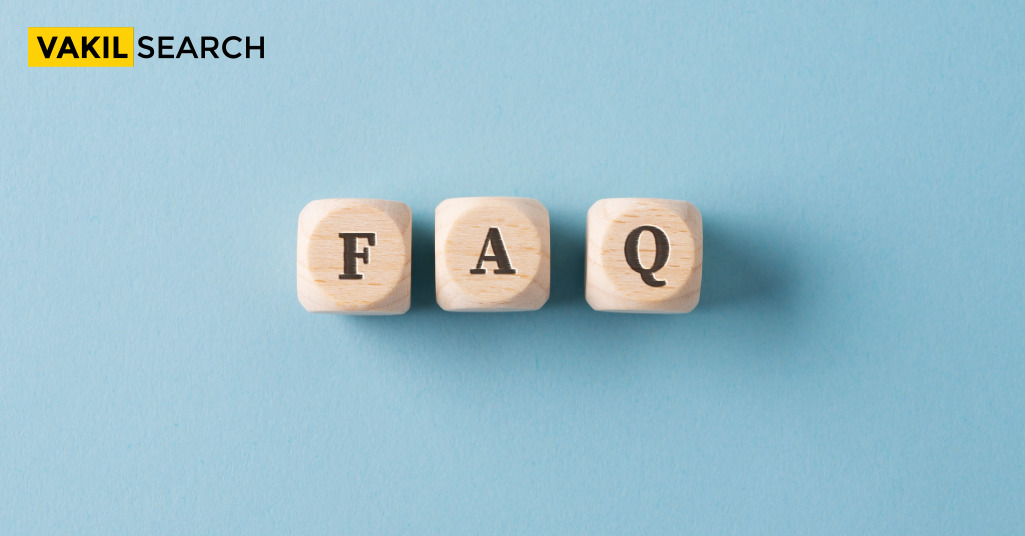The GDPR harmonised data privacy laws across Europe. Below are some of the most common questions and answers about GDPR compliance.
Many people are still unfamiliar with the fundamentals of GDPR even years after it became effective. It is still extremely important to all organisations that handle customer data. Read the most frequently asked questions regarding GDPR compliance if you wish to avoid the hefty fines brought on by GDPR violations.
1. What is the GDPR?
GDPR is an abbreviation for the General Data Protection Regulation. GDPR, the new European Union Regulation, went into force on May 25, 2018, replacing the Data Protection Directive (DPD) and the UK Data Protection Act 1998.It was passed by the EU Parliament on April 14th, 2016, following several years of discussion. It concerns both individual rights and the security of personal information. Its fundamental objective is to increase privacy and rights for EU citizens across all member states while streamlining the flow of personal data.
2. When did the GDPR come into effect?
The Regulation went into force on May 25, 2018, bringing significant revisions to present data protection rules.
3. To whom does the GDPR apply?
Any organisation that handles or stores the personal information of EU citizens is required to abide by the GDPR’s rules. Regardless of whether the organisation is based in one of the 27 EU member states, this is applicable to all organisations.
4. What are the responsibilities of companies under GDPR?
When processing personal data, organisations are required by the GDPR to adhere to six data protection principles, including making sure that the use of the data is ethical, transparent, and lawful. Those who do gather it must safeguard it against abuse and exploitation. If a data breach occurs, for instance, if data is misplaced or stolen. Then, organisations must adhere to GDPR compliance and notify the appropriate supervisory authority of such breaches within 72 hours of becoming aware of them.
5. What Rules Should Businesses Follow To Ensure GDPR Compliance?
According to GDPR regulations, personal data should be:
- Processed in a legal, equitable, and open manner.
- Collected exclusively for specific, precise, and authorised uses.
- Adequate, relevant, and limited to everything that is strictly necessary.
- Updated and accurate.
- Only stored for a set period of time.
- Protected in a way that guarantees both its security and integrity.
6. What are the GDPR’s key principles?
For the lawful processing of personal data, the GDPR stipulates seven principles, including
- Legality, fairness, and transparency: Only with the consent of the data subject or where there is a valid legal basis may personal data be processed. The data subject must also be notified about how his or her personal data is being processed.
- Collection of Data: A company must make sure that personal data is not used for reasons other than those for which it was originally gathered. Personal data may only be collected for specific, and legitimate reasons.
- Data minimization: Processing of personal information must be adequate, pertinent, and restricted to what is required in light of the reasons for which it is being done.
- Accuracy: Personal data processing must be accurate and up-to-date. Companies are required to take all necessary precautions to guarantee that the personal data they hold is accurate and does not in any way mislead the public.
- Storage restriction: Personal data shall only be maintained in a form that makes it possible to identify data subjects for as long as is required to fulfil the objectives for which they are being processed.
- Integrity and confidentiality: Personal data processing must be done in a way that assures the data’s proper security.
- Accountability: Businesses must be able to show that they have complied with the GDPR in addition to being accountable for doing so.
7. What are the GDPR fines?
The GDPR enables each country’s data protection authorities to impose sanctions and fines on companies that break the law. The maximum fine is the greater of €20 million or 4% of overall sales. Aside from fines, data protection authorities may also impose restrictions on data processing or public reprimands.
8. What is “personal data” as defined by the GDPR?
Any information pertaining to a specific individual (also known as a “data subject”) that can be identified or discovered naturally is considered personal data. Numerous bits of information can be used to directly or indirectly identify or be able to locate a data subject. Names, ID numbers, photos, email addresses, bank account information, posts on social networking sites, medical records, and computer IP addresses are a few examples of information that may be deemed personal data.
9. Does GDPR Apply to non-European Union Citizens?
Protecting all EU individuals’ personal data is the goal of GDPR. Therefore, the GDPR does not directly apply to your data and your data rights if you are a non-EU citizen. Your rights in relation to data gathered by EU businesses and organisations are however safeguarded if you are a non-EU citizen who is currently residing in an EU state.
10. Does the GDPR require encryption?
The GDPR provides a limited set of options for businesses to choose from in order to establish “appropriate technical and organisational measures” to safeguard personal data. Encryption is usually the most practical way to protect personal data. For instance, using an encrypted email service rather than repeatedly encrypting the information may be more effective if you frequently send emails within your company that contain personal information.
Conclusion
Vakilsearch is your best bet if you’d like to keep up with GDPR best practices, industry insights, and significant developments in regulatory compliance to give your business the best legal assistance.
Also Read:
- Procedure to check RCMC Status
- List of Items that cannot be Imported into India
- IEC Code Renewal Process
- Exporting Food Products to USA from India




